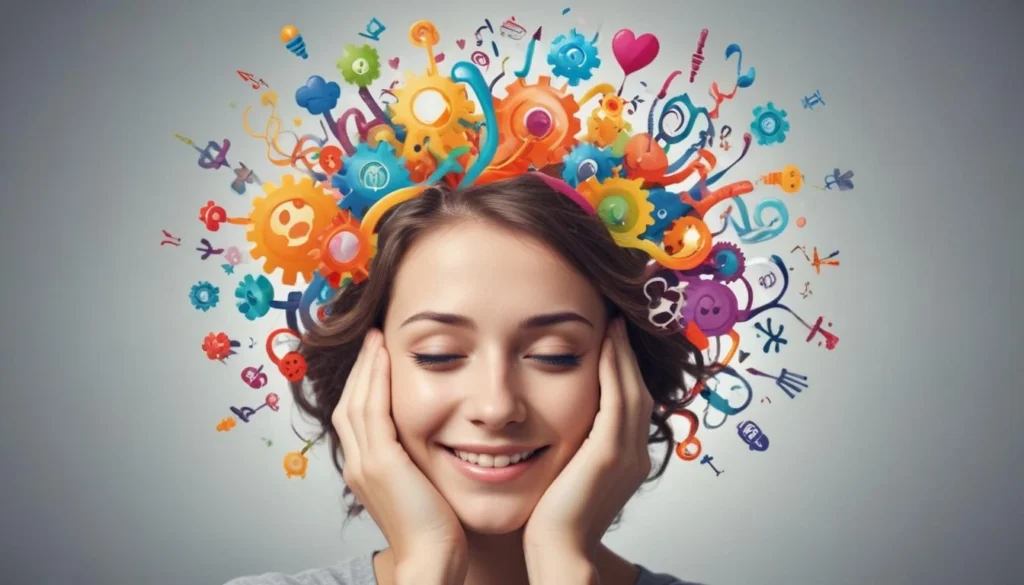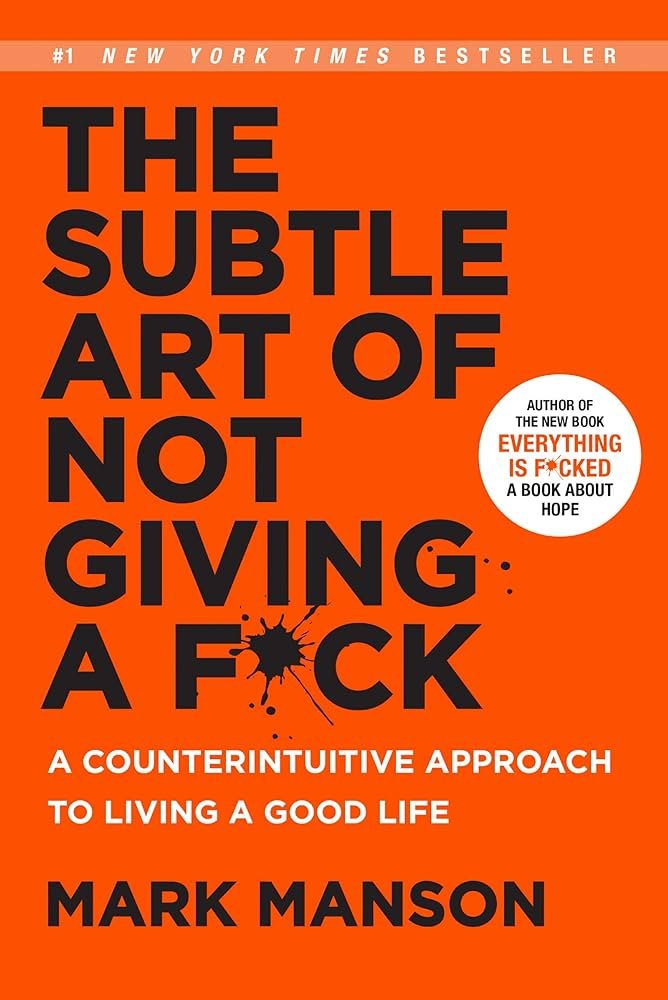Introduction
Welcome to an exploration of the often underestimated severity of mental health issues. In today’s fast-paced world, it’s easy to underestimate the severity of mental health issues
In this blog, we dive deep into the misconceptions that surround mental health, from the potential damages it can cause to the reluctance to seek proper treatment with support and we see the critical issue of underestimating the severity of mental health challenges.
From the impact on relationships to daily life struggles, we explore the misconceptions and realities surrounding mental health care.
Traps around Treatment of Mental Health
1. Not Realizing the True Potential of Mental Health Issues

Underestimating mental health’s true potential can lead to damage in various aspects of life, from personal relationships to day-to-day functioning, mental health issues can have far-reaching consequences that go beyond what meets the eye.
The repercussions can be profound, affecting not only the individual but also those around them.Many people fail to realize the true potential of mental health issues and the extent to which they can impact our lives.
One of the biggest misconceptions is underestimating the true potential of mental health issues. Please don’t take the sign of bad mental health lightly.
2. Misconceptions about Treatment and Care

One common misconception among many people is that mental health problems will cure themselves over time. However, this is far from the truth. Mental health issues require proper treatment and care.
A. Problems Don’t Cure Automatically
There are many misguided beliefs about cure among masses.
It’s a common misconception that mental health problems will resolve on their own over timeHowever, they require proper treatment and care to improve.
Unfortunately, many individuals wait for unknown reasons, delaying seeking help and potentially worsening their condition.So, take appropriate step for treatment in intial phase without any delay.
B. Misconceptions about Care
There’s a prevalent belief that mental health care is only necessary for serious cases or those considered “mad.”
This misconception leads to stigma and prevents people from seeking the support they need until their condition becomes severe.
Even if you are not feeling well for few days or week, you should visit the nearest professional and take expert opinion.
3. The Role of Yoga and Meditation

Yoga and Meditation are good practices for normal healthy life but if problems occur they may not help. Try to understand even most effective tool of peace time is not equally effective in war time.
A. Complementary but Not a Cure-All
While yoga and meditation can be beneficial, especially in the very initial stages of mental health challenges, they are not a substitute for proper medication and expert supervision. They may not be as effective for those with severe conditions
These practices can offer relief and aid in managing symptoms, but severe cases often require medical intervention.
These practices can complement traditional treatment methods but should not replace medication or professional supervision in case of if it is needed.
B. Benefits of Yoga and Meditation
While practices like yoga and meditation can be beneficial for maintain good mental life and even beneficial in the initial phases of mental health issues but they are not standalone cures.
Yoga and Meditation are good supplements with customize medication from expert, but they are not solely cure severe issues.They can help manage stress, enhancing sleep quality, good metabolism and improve well-being but they are not as effective for severe cases.
Proper medication and expert supervision are essential for those dealing with serious mental health challenges.
4. Importance of Personality Development
A. Building Resilience
Personality development plays a significant role in building resilience and managing stress effectively. It plays a crucial role in tackling moderate mental health issues in daily life.
Skills such as handling failure and success, managing negative situations, and creating a strong defense mechanism are invaluable in promoting mental resilience and well-being.
B. Developing Coping Mechanisms
Developing strong coping mechanisms and skills for handling failure, success, and negative situations is crucial for managing moderate mental health challenges in day-to-day life.
But if uncertainty in life beat your coping mechanism, then don’t hesitate to seek help and need not to show toughness and strength by avoiding help.
5. Overcoming Stigma and Seeking Expert Help

Taboos and Stigma around Seeking Help.
Unfortunately, there is still a stigma associated with seeking help from mental health experts, such as psychiatrists.
Fear of judgment or becoming a subject of ridicule among peers for their struggles often leads individuals to avoid discussing their issues or seeking professional assistance and guidance.
Nothing is important than your good health, don’t focus on what people say, everyone need help in their life. Taking help from experts is normal and sign of mature person.
Conclusion
In conclusion, understanding the depth of mental health issues is essential for promoting awareness, seeking timely intervention, and breaking the stigma associated with seeking help.
Understanding the severity of mental health issues is the first step towards seeking proper treatment and support
By acknowledging the true potential of mental health challenges, embracing proper treatment and care, and fostering open discussions, we can work towards a society that prioritizes mental well-being for all.
Let’s break all traps around this topic and become free from stigma, encourage open discussions, and prioritize mental well-being for a healthier society.
Why This Product Deserves Your Attention
As usual, at the end of every blog on trapbreaker.com, we’ve recommended products that align with the theme and act as tools to sidestep common pitfalls. For this blog, the first recommendation is digital Alarm, a device designed to support better sleep patterns and promote mental clarity—key factors in mental health. The second recommendation is the book The Subtle Art of Not Giving a F#ck by Mark Manson, which challenges misconceptions and offers practical insights into handling mental and emotional challenges effectively.
If you’re curious about why these products deserve your attention, a comprehensive review on our partner site awareandbeware.com, provides in-depth details. The review covers all aspects, including features, benefits, and potential drawbacks, ensuring you can make a well-informed choice. We encourage you to explore the full-length reviews to see how these products can complement your mental health journey.



